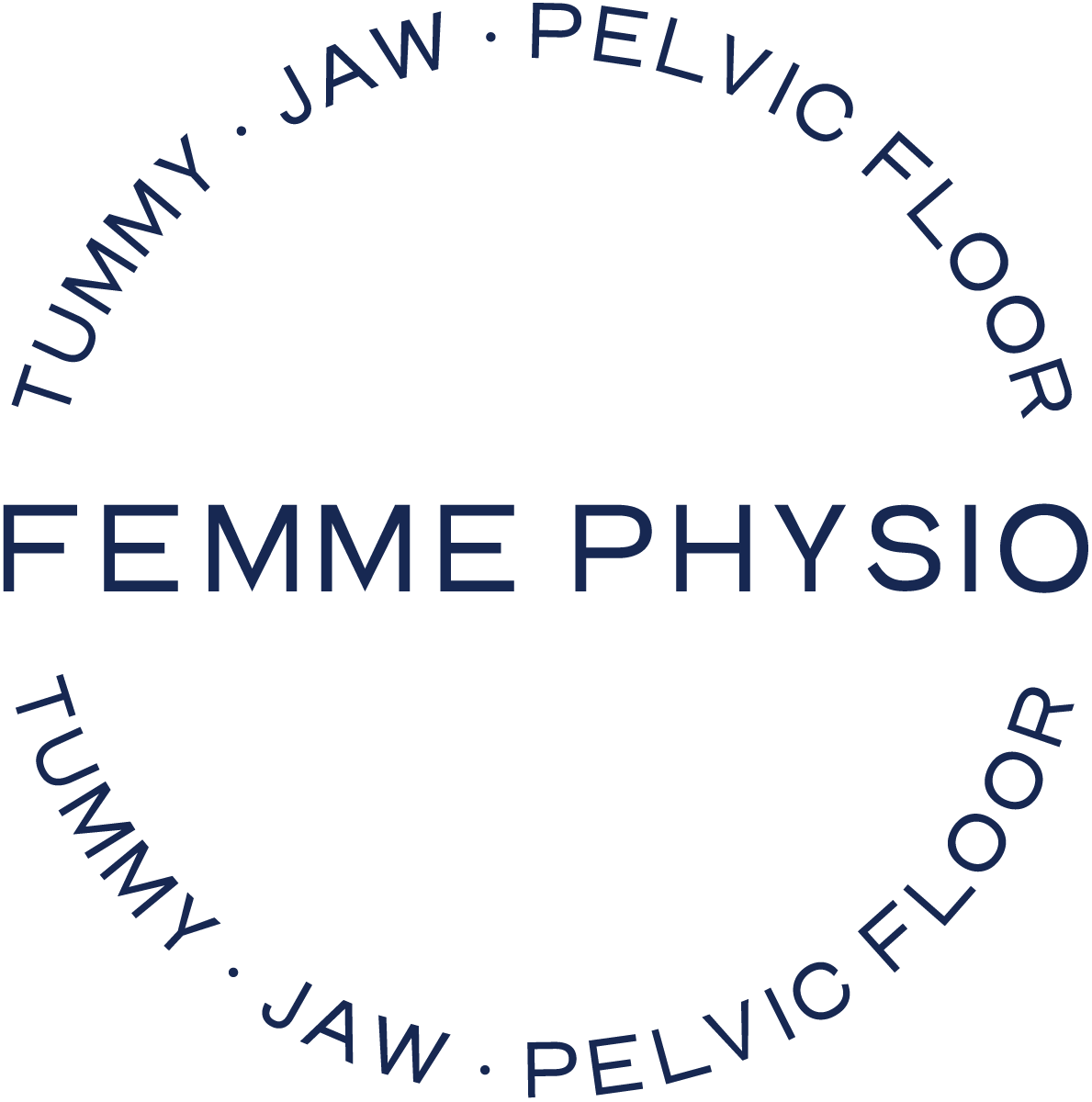Frequently Asked Questions
Can I attend a session if I am bleeding?
It is advisable to schedule a session when you are not menstruating, as many women feel particularly vulnerable or sensitive during this time. However, sessions can definitely proceed, especially when the bleeding is light or nearing the end. Please discuss with us what you are comfortable with.
Is it safe to be assessed or treated during pregnancy?
During pregnancy, vaginal examinations conducted by a trained physiotherapist are not only safe but also beneficial for expectant mothers. Physiotherapists specializing in women's health possess the expertise to perform these examinations with care and sensitivity, ensuring the comfort and well-being of the mother and the baby. These examinations help in assessing pelvic floor function, diagnosing any potential issues, and developing tailored treatment plans to address discomfort or prepare for childbirth. With proper communication and trust established between the physiotherapist and the pregnant woman, such examinations can contribute to a smoother pregnancy journey and promote overall maternal health and well-being.
Is it possible to have an appointment without internal vaginal examination?
A women's health assessment without an internal vaginal exam remains a viable option, providing valuable insights into pelvic health without the need for invasive procedures. While internal exams offer a comprehensive evaluation, it's essential to recognize that they may not always be necessary or preferred by every individual. Fortunately, alternative assessments exist, ensuring comprehensive care tailored to each patient's needs. Real-time ultrasound imaging, for instance, offers a non-invasive means of examining pelvic structures, allowing clinicians to visualise the bladder, uterus, and surrounding tissues in real-time. Although not as exhaustive as internal exams, ultrasound assessments still offer valuable diagnostic information, enabling healthcare providers to identify potential issues and tailor treatment plans accordingly. Ultimately, prioritising patient comfort and autonomy while ensuring thorough assessment remains paramount in women's health care practices.
